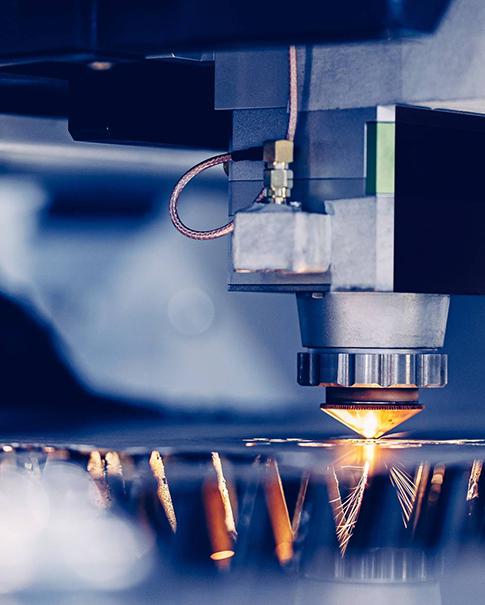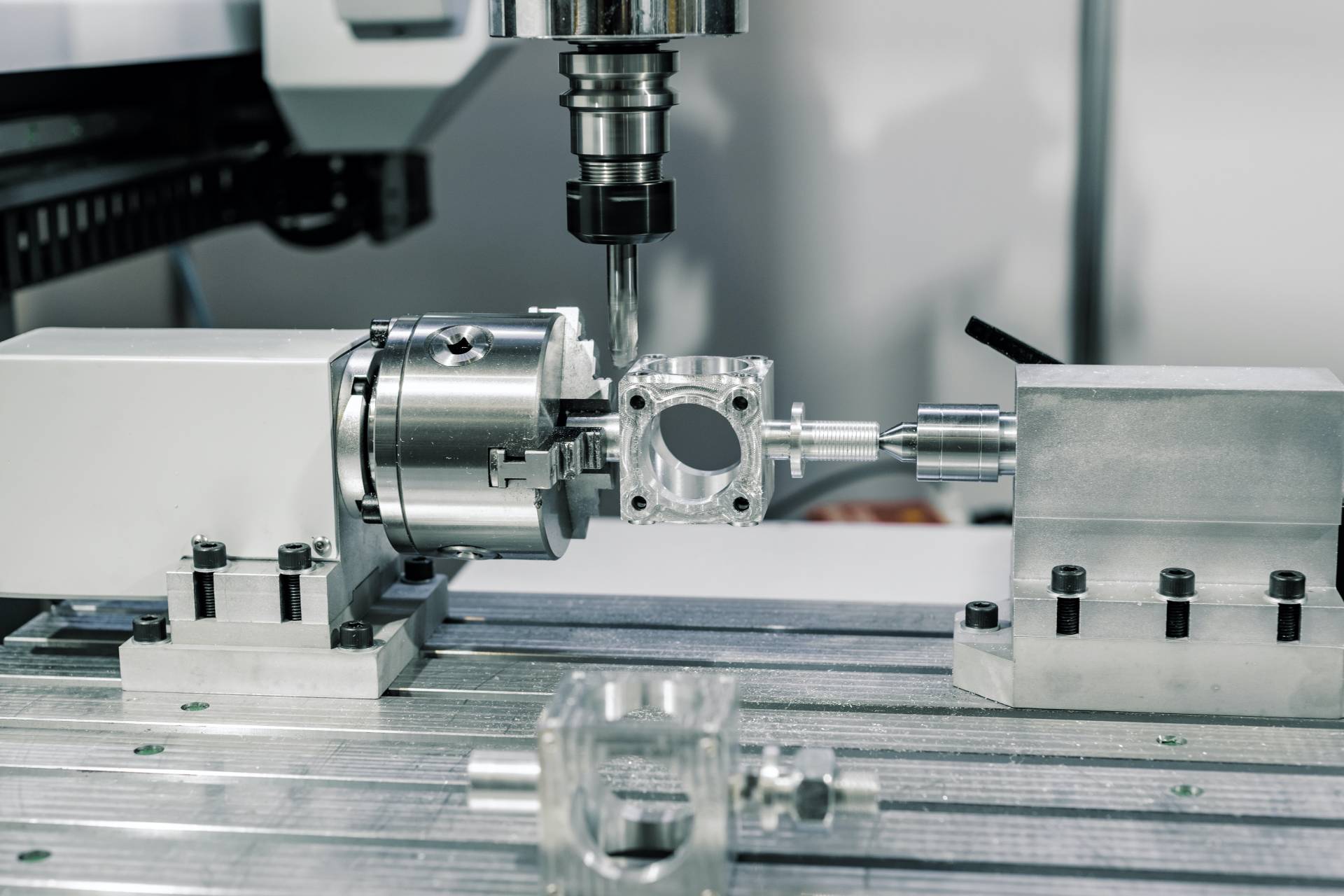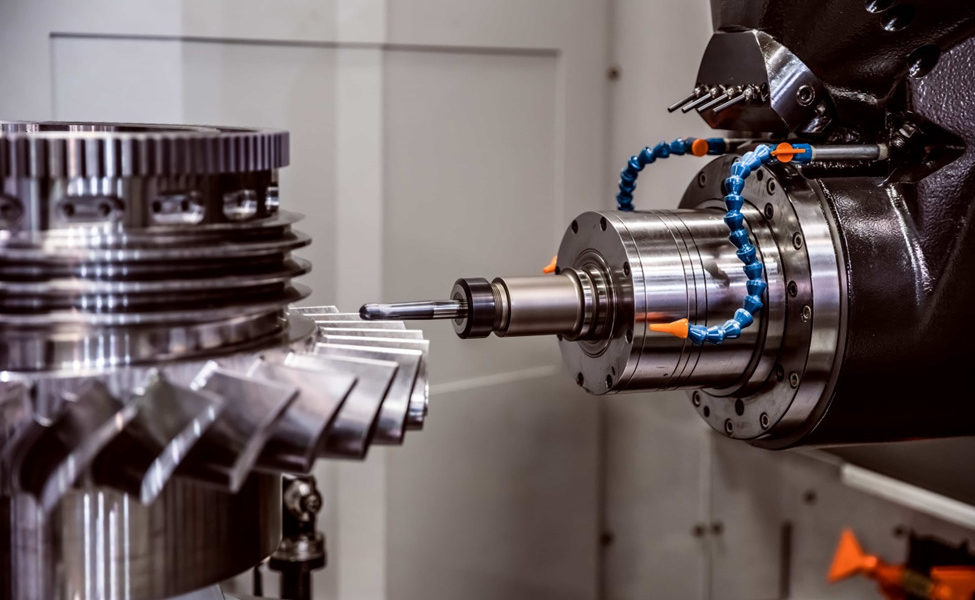
현대 기계 상점은 제품 디자이너의 요구를 충족시키기 위해 광범위한 다양한 자료를 사용해야합니다. 황동과 같은 이러한 재료 중 일부는 일반적으로 작업하기 쉽습니다. 한편, 티타늄과 같은 다른 재료로 만든 부품은 좋은 결과를 얻으려면 고급 툴링과 경험이 필요합니다.
그러나 한 재료가 다른 자료보다 기계를 쉽게 가공하는 이유는 무엇입니까? 가공 가능성! 이 기사는 가공성이 무엇인지, 측정 방법 및 가공을보다 효율적으로 만드는 팁을 탐구합니다.

가공 가능성 재료를 가공 할 수있는 상대적 용이성을 설명하는 재료 특성입니다. 금속에 가장 많이 사용되지만 모든 가공 가능한 재료에 적용됩니다.
평균 이상의 가공성이있는 재료는 가공 중에 몇 가지 중요한 이점을 보여줍니다.
반대로, 가공성이 좋지 않은 재료는 반대의 특성을 보여줍니다. 장비 및 툴링이 더 어렵고 기계에 더 많은 시간이 필요하며 우수한 표면 마감 품질을 달성하려면 추가 노력이 필요합니다. 이 모든 것은 가공 가능성이 낮은 재료가 기계 가공 가능한 재료보다 기계에 더 많은 비용이 든다는 것을 의미합니다.
다수의 다른 물리적 특성은 특정 물질의 경도, 인장 강도, 열 특성 등을 포함하여 가공성에 영향을 미칩니다. 이러한 다른 값을 아는 것은 기계공 또는 재료 엔지니어가 재료의 대략적인 가공성을 예측하는 데 도움이 될 수 있지만, 확실히 알 수있는 유일한 방법은 가공성 테스트를 통한 것입니다.

재료의 가공성을 정량화하는 데 가장 널리 사용되는 방법은 가공성 등급. 가공성 지수라고도하는이 등급은 테스트에서 결정된 상대적 값입니다. American Iron and Steel Institute (AISI)가 설립 한이 재료는 CNC 회전으로 가공되며 공구 수명, 속도 및 표면 마감은 기준 재료와 비교됩니다. AISI B1112 160 HB 경도를 가진 강철.
가공성 등급은 섭씨 및 화씨 온도 척도와 유사하게 작동합니다. 다소 임의로 선택된 값이 기준점을 반영한다는 점에서 이 온도 스케일에서, 기준선은 0 ° C 및 0 ° F 정도에 설정됩니다. AISI 테스트 방법에서, 자유-가공 스틸 AISI B1112는 가공성 등급이 100%인 기준점으로 설정된다. 거기에서 B1112 스틸보다 기계가 더 빠르고 쉽게 자료를받는 재료는 100%이상의 값을 기록합니다. 기계에 더 오래 걸리고 툴링에 더 어려운 재료는 100%미만입니다.
예를 들어, 매우 어려운 Machine ASTM 등급 5 Titanium (TI-6AL-4V)은 가공 가능성이 있습니다. 17%SAE 6061 알루미늄은 가공 가능성이 있습니다 270%. 그러나 이러한 등급은 궁극적으로 특정 재료를 가공하기위한 상대적인 어려움을 확립하기위한 지침 일뿐입니다. 실제로 디자이너와 기계공이 가공을보다 효율적으로 만들기 위해 할 수있는 일이 있습니다.
가공성은 모든 재료에서 부품을 제조하는 시간과 비용의 주요 지표입니다. 가공성 등급이 높은 워크 피스는 생산하기가 더 쉽지만 가공 가능한 재료는 효율적으로 처리하는 데 더 많은 시간과 전문 지식이 필요합니다. 두 경우 모두 최상위 기계 공장은 특정 재료 및 부품 설계를 반영하기 위해 접근 방식을 조정하여 품질을 유지하면서 종종 처리량을 향상시킬 수 있습니다.
Safekeso는 고품질의 비용 효율적인 것을 제공합니다 CNC 가공 서비스 가공 가능성에 관계없이 광범위한 재료의 경우. 다음 가공 부품의 제조 공정을 개선 할 수있는 방법을 알아보십시오.